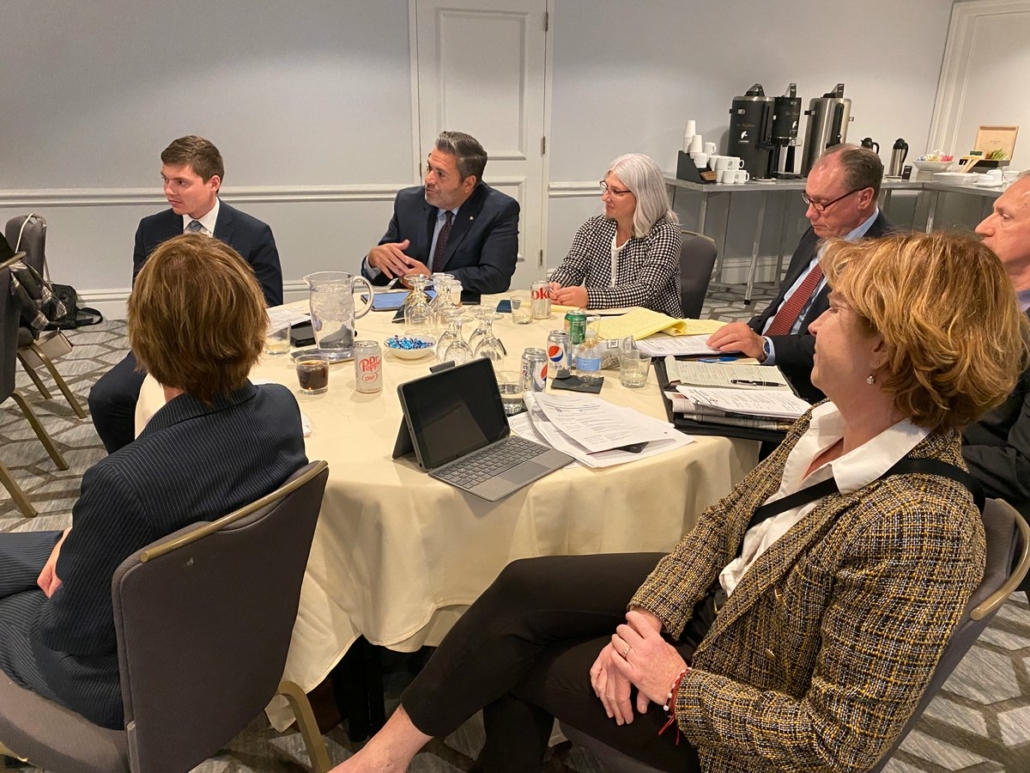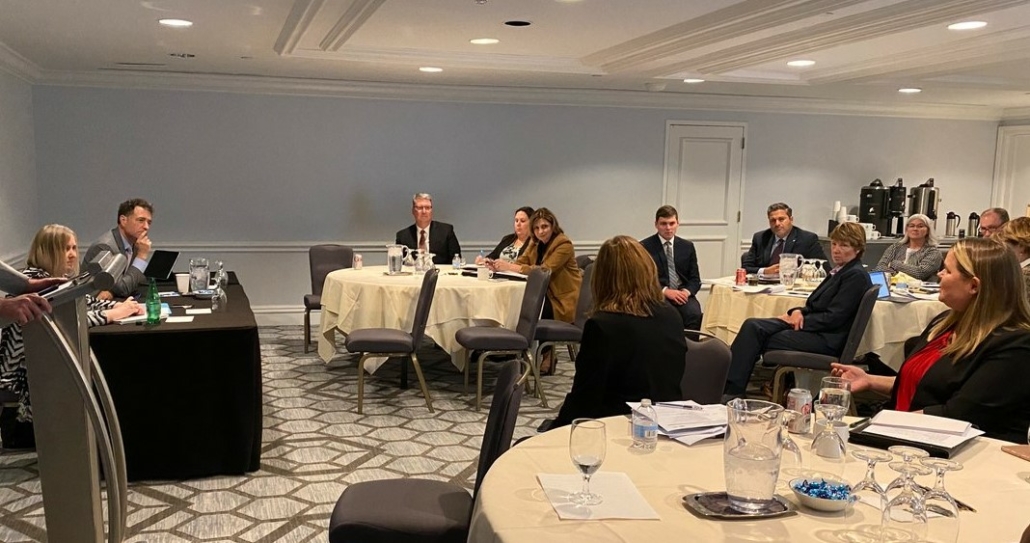 By Rose Oswald Poels
By Rose Oswald Poels
Happy New Year! As we step into 2024, there are several thresholds which have been adjusted by both state and federal regulators which go into effect now that the new year has arrived. Below is a collection of thresholds effective January 1, 2024, including a link to pull each publication for reference.
Regulation Z, TILA
- The exemption threshold for Regulation Z (Truth in Lending Act) will increase to $69,500, up from $66,400.
- The exemption threshold under Regulation Z for HPML appraisals will increase to $32,400, up from $31,000.
- The asset-size threshold under Regulation Z which exempts creditors from the requirement to establish an escrow account for HPMLs will be:
- For creditors and their affiliates that regularly extended covered transactions secured by first liens, the asset-size threshold is adjusted to $2.640 billion, up from $2.537 billion; and
- The exemption threshold for certain insured depository institutions with assets of $10 billion or less is adjusted to $11.835 billion, up from $11.374 billion.
- The dollar amount thresholds under Regulation Z for HOEPA and QM-related loans have been adjusted as follows:
- For HOEPA loans, the adjusted total loan amount threshold for high-cost mortgages will be $26,092.
- The adjusted points-and-fees dollar trigger for high-cost mortgages will be $1,305.
- For QMs under the General QM loan definition in § 1026.43(e)(2), the thresholds for the spread between the annual percentage rate (APR) and the average prime offer rate (APOR) will be:
- 2.25 or more percentage points for a first-lien covered transaction with a loan amount greater than or equal to $130,461;
- 3.5 or more percentage points for a first-lien covered transaction with a loan amount greater than or equal to $78,277 but less than $130,461;
- 6.5 or more percentage points for a first-lien covered transaction with a loan amount less than $78,277;
- 6.5 or more percentage points for a first-lien covered transaction secured by a manufactured home with a loan amount less than $130,461;
- 3.5 or more percentage points for a subordinate-lien covered transaction with a loan amount greater than or equal to $78,277; or
- 6.5 or more percentage points for a subordinate-lien covered transaction with a loan amount less than $78,277.
- For all categories of QMs, the thresholds for total points and fees will be:
- 3% of the total loan amount for a loan greater than or equal to $130,461;
- $3,914 for a loan amount greater than or equal to $78,277 but less than $130,461;
- 5% of the total loan amount for a loan greater than or equal to $26,092 but less than $78,277;
- $1,305 for a loan amount greater than or equal to $16,308 but less than $26,092; and
- 8% of the total loan amount for a loan amount less than $16,308.
- For open-end consumer credit plans under TILA, the threshold that triggers requirements to disclose minimum interest charges will remain unchanged at $1.00.
Regulation C, HMDA
- The asset-size threshold to be exempt from collecting HMDA data in 2023 is adjusted to $56 million, up from $54 million.
Community Reinvestment Act (CRA)
- The Board of Governors of the Federal Reserve System (FRB) and Federal Deposit Insurance Corporation (FDIC) CRA regulations have adjusted the asset-size thresholds used to define “small bank” and “intermediate small bank” to be:
- Small bank means a bank that, as of December 31 of either of the prior two calendar years, had assets of less than $1.564 billion; and
- Intermediate small bank means a small bank with assets of at least $391 million as of December 31 of both of the prior two calendar years and less than $1.564 billion as of December 31 of either of the prior two calendar years.
- The Office of the Comptroller of the Currency (OCC) made the identical adjustments to the asset-size thresholds used to define “small bank or savings association” and “intermediate small bank or savings association.”
Required Escrow Rate Under Wisconsin Law
- The Wisconsin Department of Financial Institutions (WDFI) has established the interest rate that must be paid on required escrow accounts under section 138.052(5) of the Wisconsin Statutes. The new rate is 0.18%.
Other Regulatory Thresholds and Limits
- The dollar amount of the maximum allowable charge for disclosures by a consumer reporting agency to a consumer pursuant to Fair Credit Report Act (FCRA) section 609 for the 2024 calendar year is $15.50.
- The exemption threshold for Regulation M (Consumer Leasing Act) will increase to $69,500, up from $66,400.
- The FDIC Designated Reserve Ratio remains 2% for 2024.
- The OCC is maintaining the general assessment, independent trust, and independent credit card fee schedules from 2023. There will be no inflation adjustment to assessment rates. OCC is increasing the hourly fee for special examinations and investigations to $170 from $161. The increase is to ensure adequacy in recovering the cost of conducting special examinations and investigations.
- Contribution limit for employees who participate in 401(k), 403(b), most 457 plans, and the federal government’s Thrift Savings Plan is increased to $23,000, up from $22,500. The limit on annual contributions to an IRA increased to $7,000, up from $6,500.
- Multifamily loan purchase caps for Fannie Mae and Freddie Mac will be $70 billion for each enterprise, for a combined total of $140 billion. The caps reflect current market forecasts. FHFA will continue to require that at least 50% of Fannie’s and Freddie’s multifamily business be mission-driven affordable housing.
- The conforming loan limit values for mortgages to be acquired by Fannie Mae and Freddie Mac in 2024 for one-unit properties will be $766,550, an increase from $726,200.
- New loan limits for FHA’s Single Family Title II Forward and Home Equity Conversion Mortgage (HECM) insurance programs, based upon property size and location, range from $498,257 to $3,317,400.
- Beginning January 1, 2024, the standard IRS mileage rates for the use of a car (also vans, pickups, or panel trucks) will be as follows. The rates apply to electric and hybrid-electric automobiles, as well as gasoline and diesel-powered vehicles.
- 67 cents per mile driven for business use, up 1.5 cents from 2023;
- 21 cents per mile driven for medical or moving purposes for qualified active-duty members of the Armed Forces, a decrease of 1 cent from 2023; and
- 14 cents per mile driven in service of charitable organizations; the rate is set by statute and remains unchanged from 2023.
I look forward to this new year and am excited about what 2024 may bring. Be sure to stay connected with WBA through our various releases and publications, and through our social media channels.


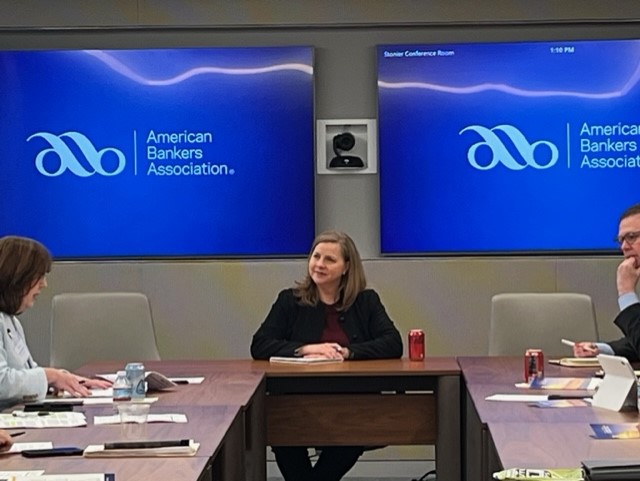
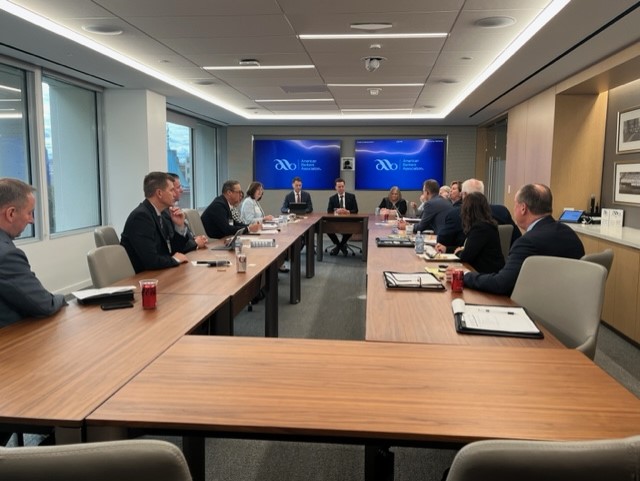
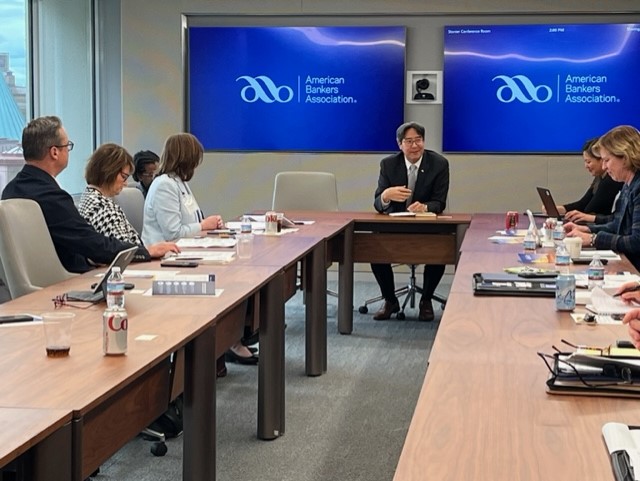
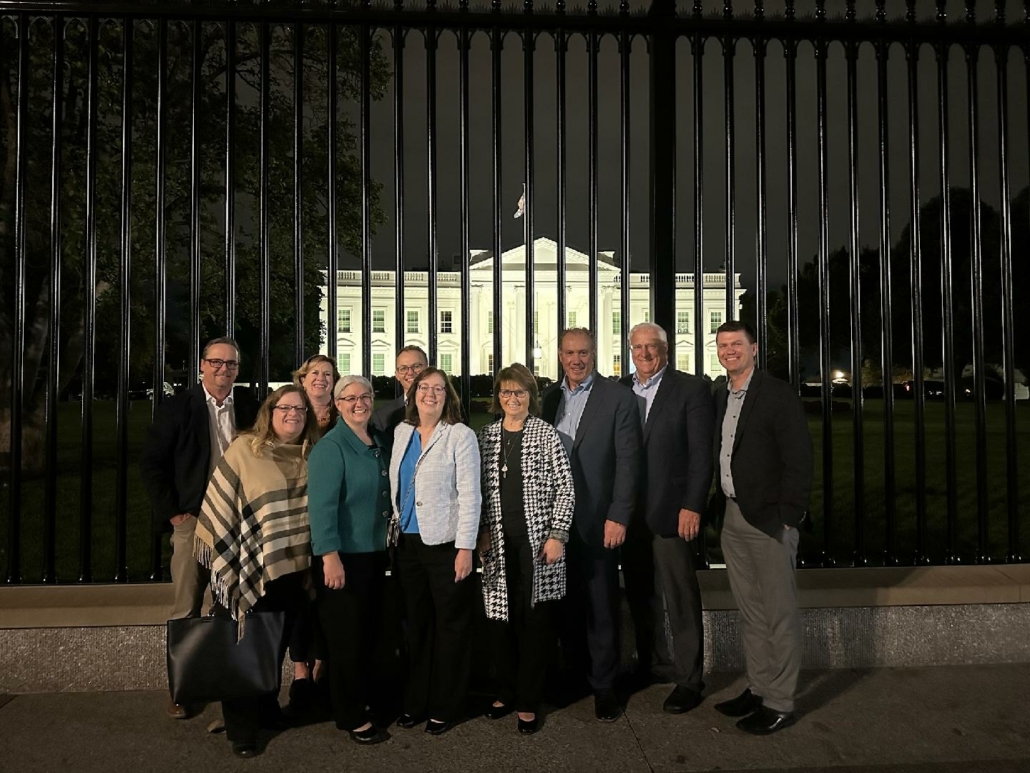
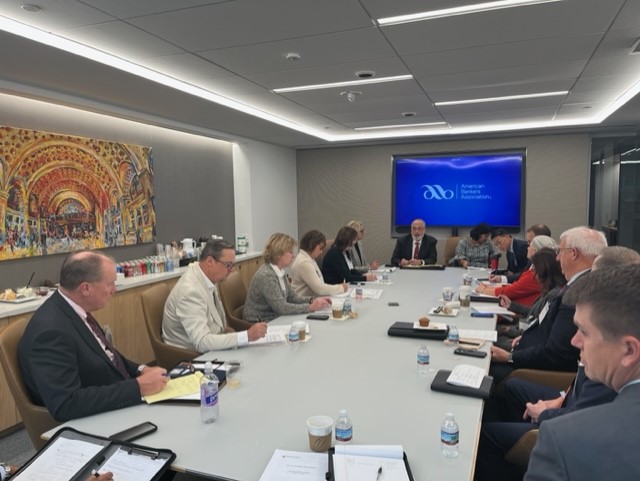


 By Scott Birrenkott
By Scott Birrenkott
 By Rose Oswald Poels
By Rose Oswald Poels